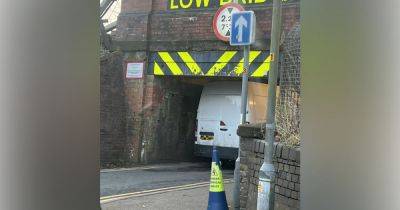EU Commission aims to simplify its way to future growth
The Commission's Competitiveness Compass presented on Wednesday is designed to provide a strategy to boost an EU economy caught between a China that bases its growth on cheap labour and an American economy boosted by low-cost energy.
“Over the last 20 to 25 years, our business model has basically relied on cheap labour from China, presumably cheap energy from Russia and partially outsourcing security and security enforcement. This time has passed,” Commission President Ursula von der Leyen said before presenting the so-called “competitiveness compass”.
On top of several simplification omnibus proposals, 12 new Acts will be in the pipeline for the next few years, several strategies and plans in the fields of innovation, decarbonation, investments and economic security.
Cutting red tape: Is the Commission reversing the Green Deal?
The Commission's announcement of “an unprecedented simplification effort” appeared designed to mollify calls from the European right and employers' groups, and this section featured prominently in early drafts of the Compass. In the final version it appeared relegated to a secondary position after sectoral policies, perhaps reflecting vehement opposition to any mooted environmental row backs.
It remained to the fore during the press conference of von der Leyen and Commission vice-president Stéphane Séjourné presenting the Compass, however, who described the paper as “a shock to the system”.
“We have a very clear signal from the European business sector, that there is too much complexity and the duration of permitting is too long, that the administrative procedures are too cumbersome. We have to cut red tape,” von der Leyen said, adding: “By the end of the mandate we will have made proposals that







